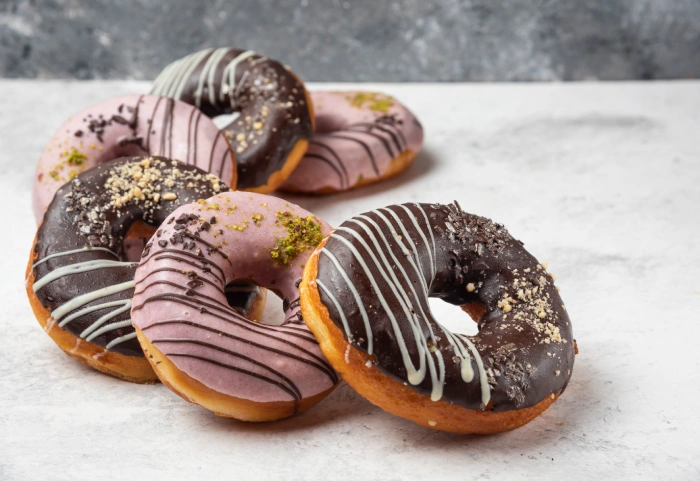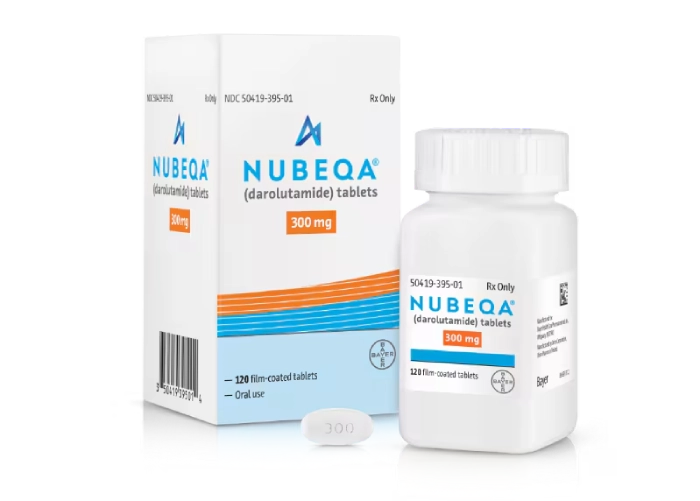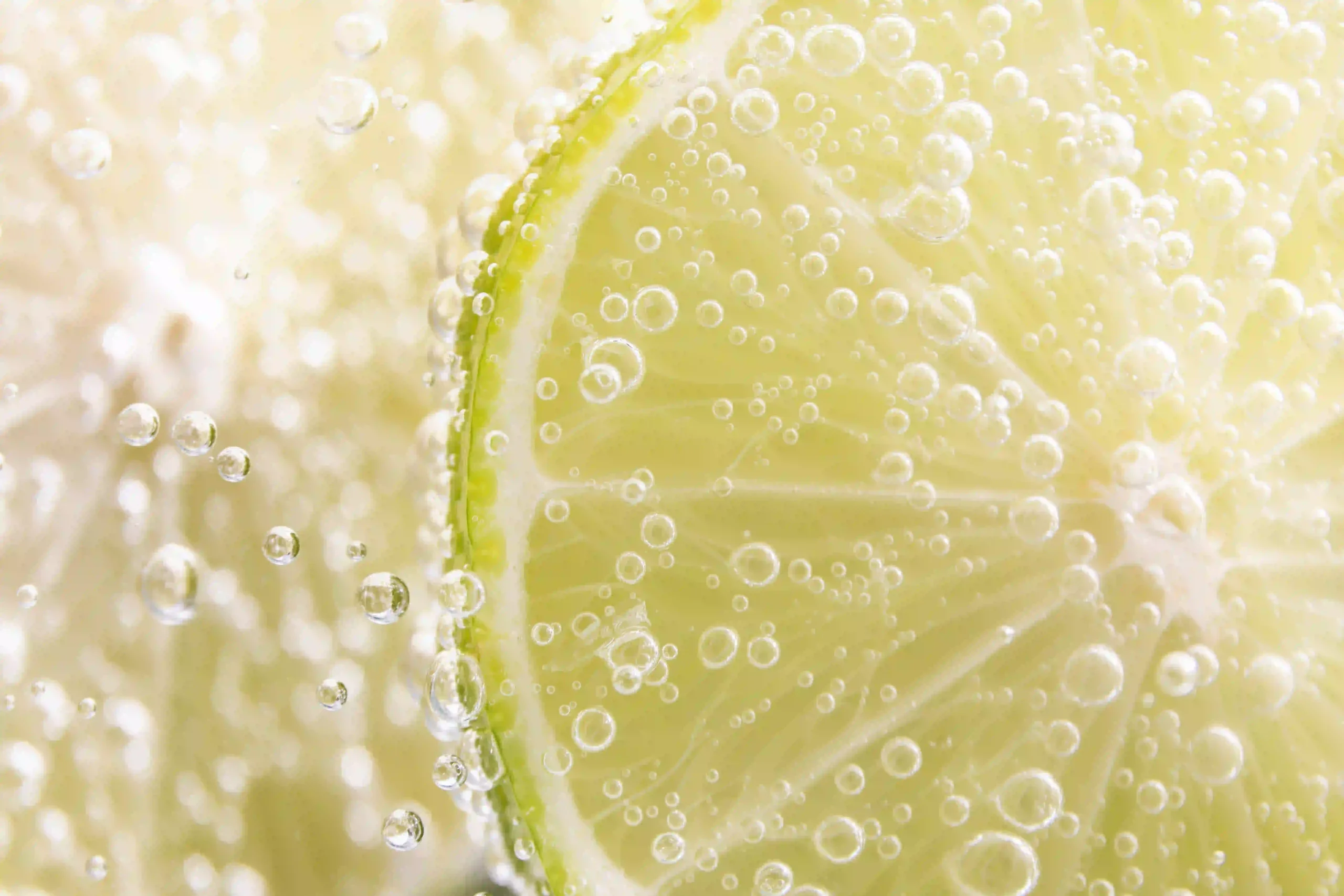Belight3: Grape-Based Skin Supplement
Activ’Inside, a food-tech company based in southwestern France, has focused its efforts on upcycling grape by-products from the Champagne region. These by-products are claimed to be five times richer in beneficial monomers compared to other Vinifera varieties. In 2022, Activ’Inside launched Belight3, an ingestible ingredient aimed at addressing skin hyperpigmentation, a common sign of aging skin. The company’s recent clinical studies further bolster the efficacy of this ingredient in combating hyperpigmentation.
Ilona Gille, the scientific marketing project manager at Activ’Inside, noted the growing demand for skin-brightening products, particularly in markets like Asia, which is a stronghold for skin lightening and anti-dark spot treatments. According to Gille, one of Belight3’s key actions is inhibiting the enzyme tyrosinase, which is essential for producing melanin in the skin. By blocking this enzyme, Belight3 helps reduce the production of the two types of melanin: eumelanin and pheomelanin, which are responsible for darker skin pigmentation.
The skin lightening industry has been plagued by harmful, unregulated products containing mercury, which pose severe health risks such as skin rashes, neurological damage, and organ toxicity. Gille emphasized that the market needs safer alternatives, and Belight3 offers a promising solution.
To develop Belight3, the company’s R&D team first examined the various causes of skin hyperpigmentation, including oxidative stress, UV radiation, diet, and pollution. After a thorough screening of potential ingredients, they selected four main components: grape monomers of flavanol, licorice extract, vitamin C, and grape viniferin. These ingredients were chosen based on their proven efficacy in combating hyperpigmentation.
In a previous in vitro study, Belight3 demonstrated an impressive 85% reduction in tyrosinase activity. A subsequent consumer usage study conducted in France involved 100 participants, who were given a daily 300 mg dose of Belight3 over 60 days. The study found that Belight3 resulted in a 30% reduction in age-related dark spots, 40% in spots caused by sun exposure, and 27% improvement in pigmentation related to pregnancy masks. Dermatological assessments confirmed these results, with visible improvements starting as early as 11 days of use.
Further validation came from a clinical trial conducted in Thailand, which included 58 healthy participants aged 45-65. The 12-week study found that the daily supplementation of 300 mg of Belight3 resulted in a 24.5% improvement in skin brightness and a 76.8% reduction in dark spots.
Additionally, a clinical trial in Italy is underway to test Belight3 on Mediterranean skin types. The results from this study are expected to be published in early 2025, although preliminary findings suggest that the formula is also effective on Caucasian skin types.
According to Gille, the nutricosmetics market is evolving beyond simple skin brightening, with a greater emphasis now placed on healthy aging. As such, Activ’Inside is refocusing its research on addressing age-related dark spots and promoting overall skin health and longevity.
Commentary by YourDailyFit columnist Alice Winters:

Activ’Inside’s approach with Belight3 highlights a significant trend in the growing nutricosmetics industry, which increasingly emphasizes both safety and efficacy. By focusing on a plant-based, non-invasive alternative to harmful mercury-based treatments, the company addresses a long-standing gap in the skin lightening sector. The scientific backing of Belight3, especially the compelling in vitro and consumer usage studies, bolsters its potential as a reliable skin brightening solution. However, the broader implications of such products—especially in terms of their long-term safety and effectiveness across diverse skin types—remain crucial. While initial trials show promise, particularly with Caucasian and Asian populations, more extensive, multi-ethnic studies will be essential to cement Belight3’s reputation in global markets.
Additionally, the choice of ingredients is worth noting. Grapes, licorice extract, and vitamin C are all well-researched for their antioxidant properties, but the inclusion of grape viniferin may provide the ultimate edge, given its specific targeting of oxidative stress and melanin production. The product’s non-toxic formulation makes it a compelling alternative to hazardous topical treatments, though ongoing studies and peer-reviewed publications will be necessary to validate its effectiveness and safety across a wider consumer base.



